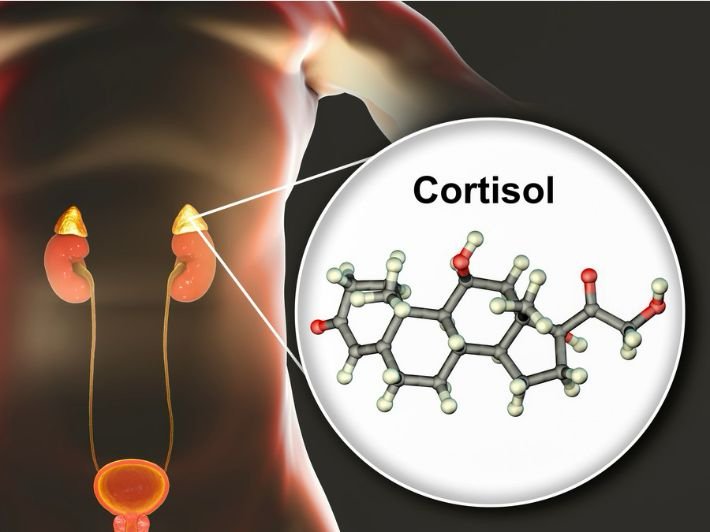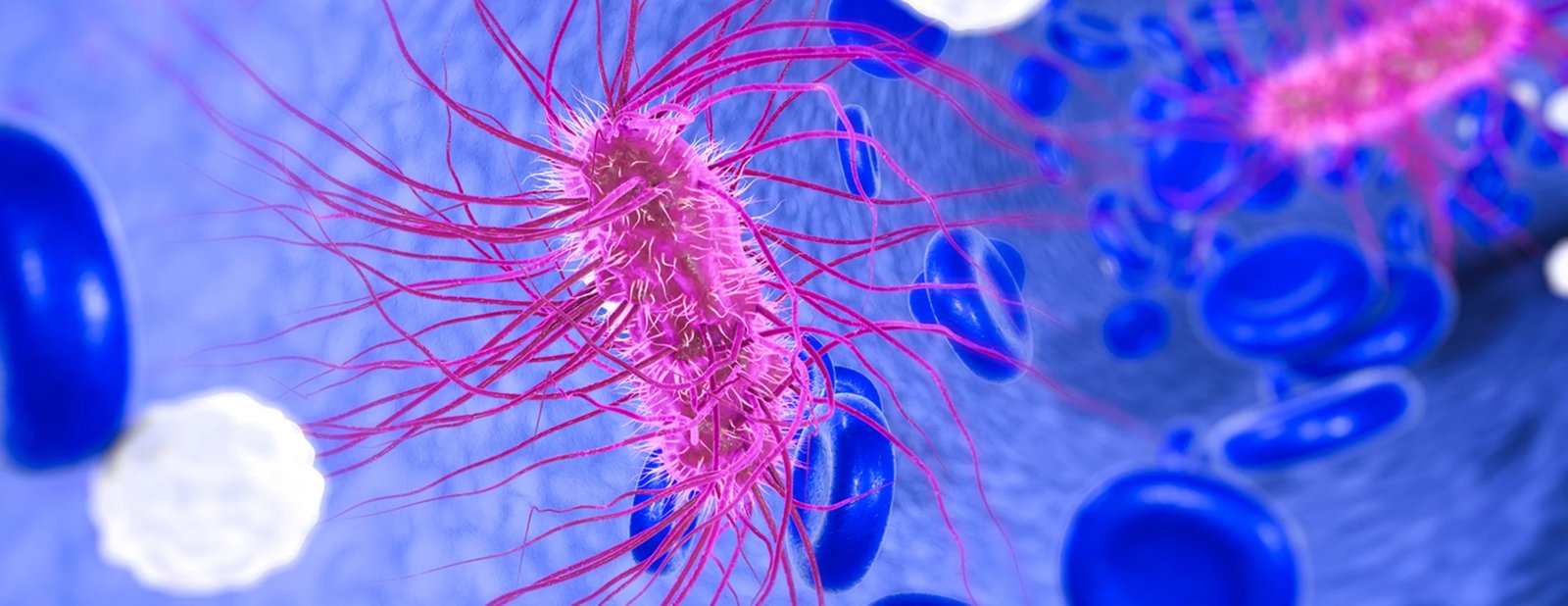Helicobacter pylori (H. pylori) is a type of bacteria that infects the stomach lining and is one of the most common causes of peptic ulcers. Although not everyone infected with H. pylori will experience symptoms, this bacterium can lead to serious gastrointestinal issues if left untreated. According to the World Health Organization, H. pylori affects more than half of the world’s population, making it a widespread yet often overlooked health concern.
In this article, we’ll explore the nature of H. pylori infection, its symptoms, complications, how it’s diagnosed, and the treatment options available. This guide will provide the necessary information to help you understand the dangers posed by this bacteria and the steps you can take to protect your digestive health.
What is Helicobacter Pylori?

H. pylori is a spiral-shaped bacterium that resides in the mucus lining of the stomach and upper part of the small intestine. It was first discovered in 1982 by Australian scientists Barry Marshall and Robin Warren, who demonstrated that it was responsible for many cases of gastritis and peptic ulcers.
One of the key reasons why H. pylori is such a formidable pathogen is its ability to survive in the highly acidic environment of the stomach. It produces an enzyme called urease, which neutralizes stomach acid and allows the bacteria to thrive.
How Does H. pylori Spread?
H. pylori is primarily spread through:
- Person-to-person contact: The bacteria can be passed on through saliva, especially when sharing utensils or kissing.
- Contaminated food and water: In regions with poor sanitation, consuming food or water tainted with H. pylori can lead to infection.
- Fecal-oral transmission: This occurs when hands contaminated with fecal matter touch the mouth, often a result of inadequate handwashing after using the bathroom.
Symptoms of H. pylori Infection
Most people with H. pylori do not exhibit symptoms, making it a silent invader in many cases. However, when symptoms do occur, they can include:
- Burning or aching pain in the abdomen: This is often more pronounced on an empty stomach and may improve after eating or taking antacids.
- Bloating: A feeling of fullness or swelling in the stomach can accompany the infection.
- Frequent burping: This is due to excessive gas in the digestive tract.
- Nausea and vomiting: Some people may experience nausea, sometimes leading to vomiting.
- Loss of appetite: A lack of interest in food can develop, potentially causing weight loss.
In more severe cases, H. pylori can cause:
- Peptic ulcers: Open sores that develop on the inner lining of the stomach or the upper small intestine, leading to sharp pain and discomfort.
- Gastritis: Inflammation of the stomach lining.
- Bleeding ulcers: These can cause vomiting of blood or blood in the stool, signaling a medical emergency.
- Perforation: A rare but serious complication where the ulcer creates a hole in the stomach wall.
- Stomach cancer: H. pylori infection has been linked to an increased risk of developing stomach cancer over time, especially in cases of chronic gastritis.
Diagnosis of H. pylori Infection
Diagnosing H. pylori can be done through several tests:
- Breath test: This is one of the most common and non-invasive methods. Patients drink a special solution containing urea, and if H. pylori is present, it breaks down the urea into carbon dioxide, which is detected in the breath.
- Blood test: This test detects antibodies to H. pylori in the bloodstream, though it cannot differentiate between a current or past infection.
- Stool test: This detects the presence of H. pylori antigens in fecal matter and is often used to confirm the infection.
- Endoscopy with biopsy: For more definitive diagnosis, a healthcare provider may perform an endoscopy, where a small sample of stomach tissue is collected and tested for the presence of H. pylori.
Treatment of H. pylori Infection
The treatment of H. pylori typically involves a combination of medications to both eradicate the bacteria and reduce stomach acid, allowing the stomach lining to heal. The standard treatment is called triple therapy, which includes:
- Antibiotics: A combination of two antibiotics, such as clarithromycin and amoxicillin or metronidazole, is used to kill the bacteria.
- Proton pump inhibitors (PPIs): These medications reduce the production of stomach acid, which not only helps relieve symptoms but also makes the environment less hospitable for H. pylori. Common PPIs include omeprazole and esomeprazole.
- Bismuth subsalicylate: In some cases, this compound (found in medications like Pepto-Bismol) is added to help protect the stomach lining.
Complications of H. pylori Infection
If left untreated, H. pylori can lead to several serious health issues, including:
- Peptic ulcers: The bacteria can cause ulcers in the stomach and small intestine, leading to pain, bleeding, and potential perforation.
- Stomach cancer: Long-term infection with H. pylori increases the risk of gastric cancer, particularly in those with chronic gastritis or ulcers.
- MALT lymphoma: H. pylori infection has been associated with mucosa-associated lymphoid tissue (MALT) lymphoma, a rare form of stomach cancer.
Preventing H. pylori Infection
Preventing H. pylori infection involves improving hygiene and being mindful of food and water sources. Steps to lower the risk include:
- Washing hands frequently: Good hand hygiene, particularly after using the restroom and before eating, is essential.
- Drinking safe water: In regions with poor water quality, ensure you’re drinking purified or bottled water.
- Eating properly prepared food: Avoid undercooked or raw food, especially from sources with poor sanitation practices.
- Not sharing utensils or food: While sharing may seem harmless, it can increase the risk of transmitting bacteria like H. pylori.
Ongoing Research and Future Outlook
Research continues to explore the complexities of H. pylori infection and how it can be better managed or prevented. Scientists are investigating vaccines as a potential preventive measure, although none are currently available for public use. Additionally, ongoing studies aim to understand the bacteria’s role in diseases like stomach cancer and its interactions with the immune system.
In the future, we may see advancements in personalized treatment plans that cater to an individual’s specific strain of H. pylori, which could improve eradication rates and reduce the likelihood of antibiotic resistance.
Conclusion
Helicobacter pylori is a widespread bacterium that has significant implications for digestive health. While it can remain dormant in many individuals, it has the potential to cause serious conditions such as peptic ulcers and stomach cancer if left untreated. Recognizing the symptoms, getting an accurate diagnosis, and following through with treatment are crucial steps in managing this infection and maintaining good gastrointestinal health.
With proper treatment, H. pylori infections can be cured, allowing patients to live healthier lives without the burden of chronic stomach pain or the risks associated with ulcers and cancer. Prevention, through good hygiene and awareness of food and water sources, also plays a critical role in reducing the spread of this common yet potentially dangerous bacterium.
References:
- National Institute of Diabetes and Digestive and Kidney Diseases (NIDDK), “Helicobacter pylori Infections,” NIDDK.
- Mayo Clinic, “H. pylori infection,” Mayo Clinic.
- Centers for Disease Control and Prevention (CDC), “Helicobacter pylori and Peptic Ulcer Disease,” CDC.





